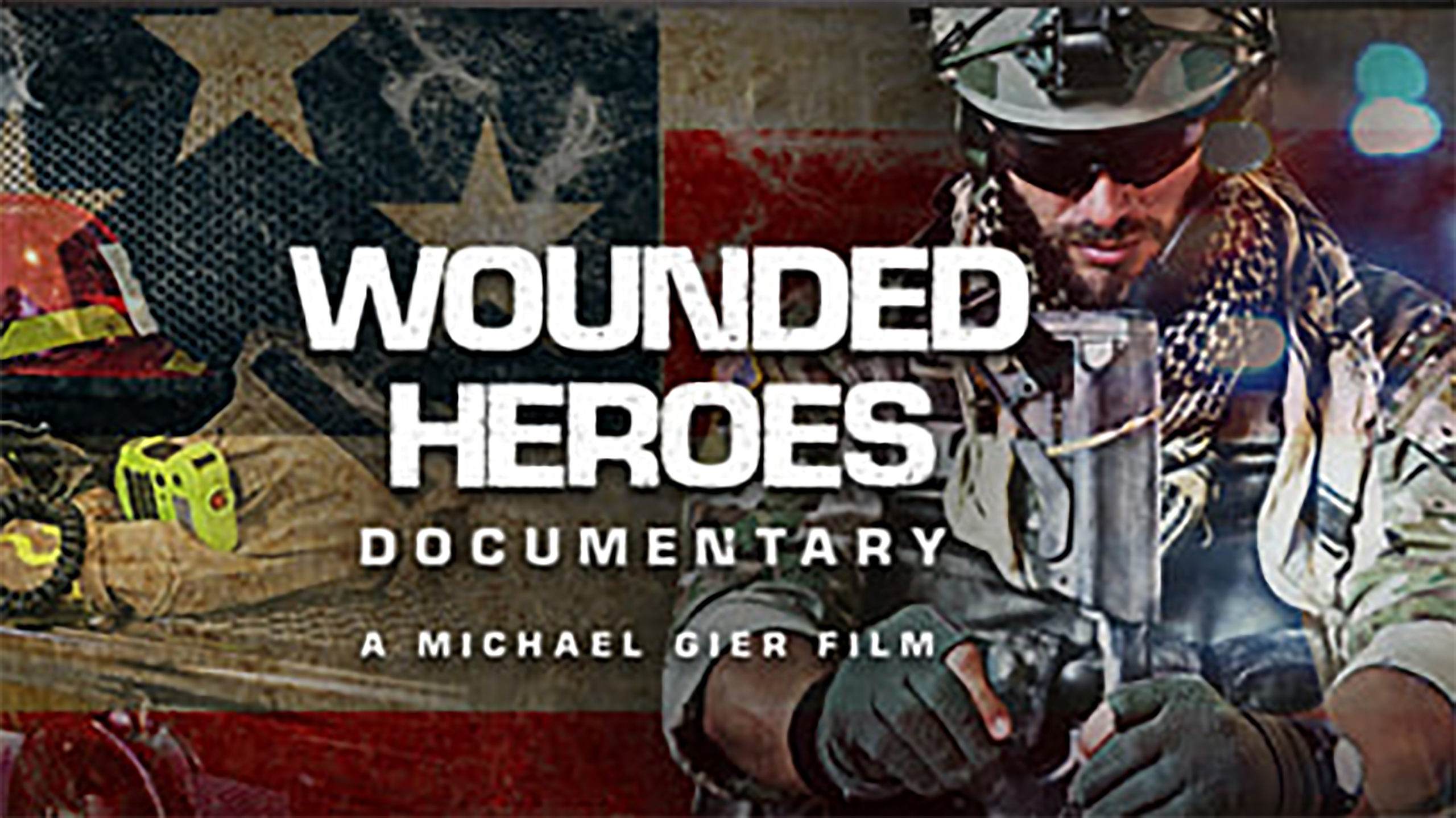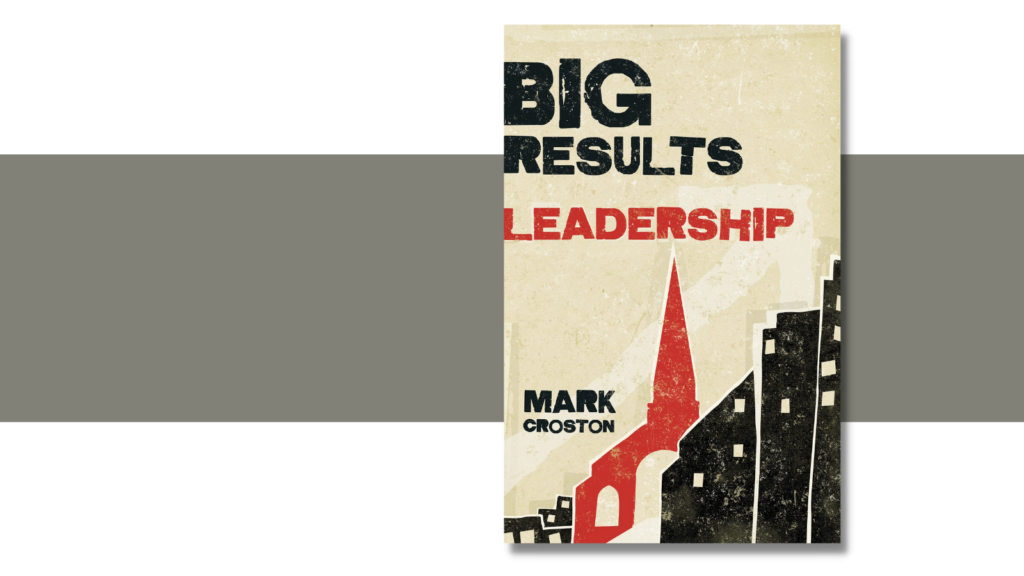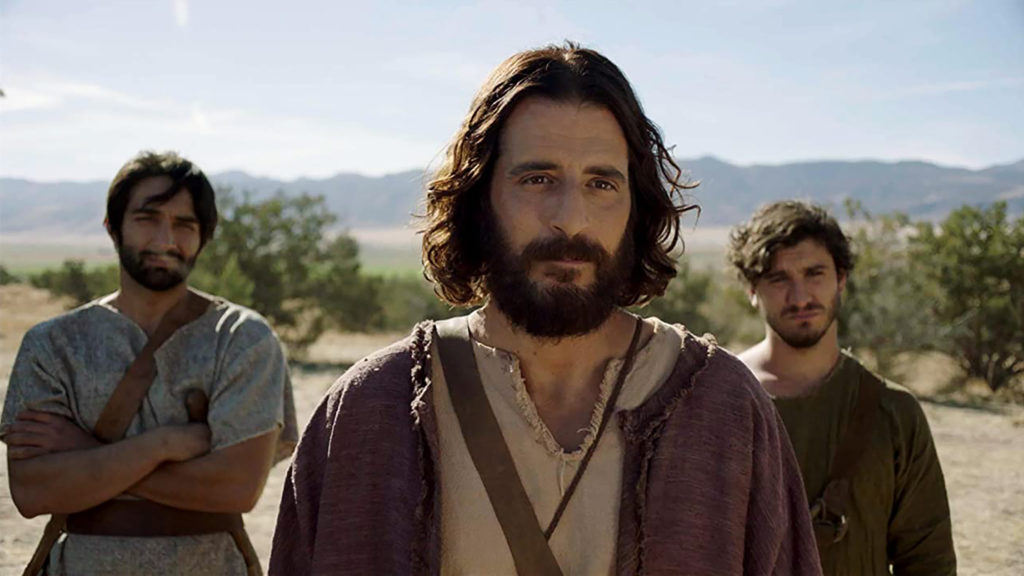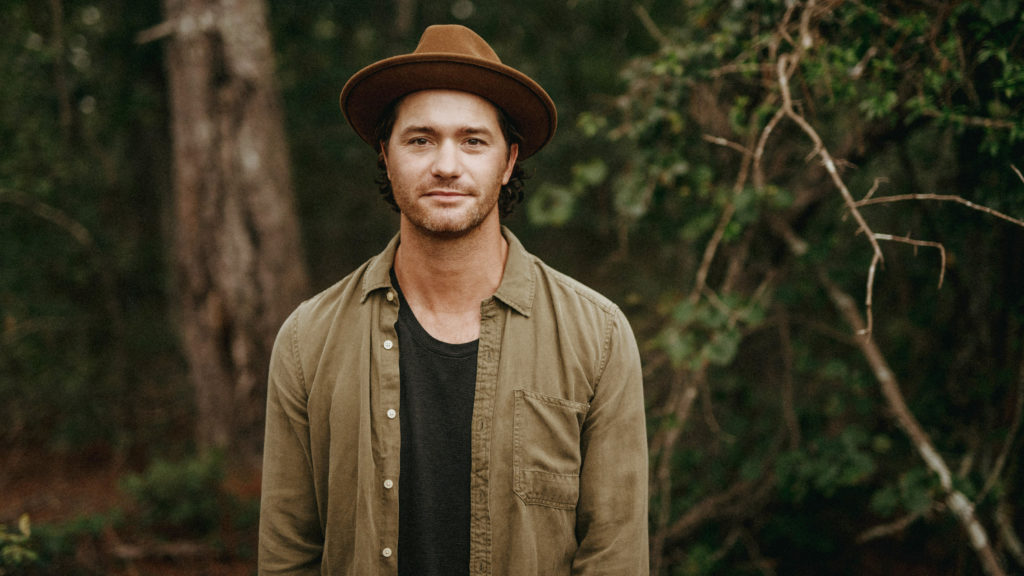During a time when racial and political unrest and the repercussions of COVID-19 have prompted stress in so many, a new documentary shines a spotlight on the issue of post-traumatic stress disorder and its treatment.
California filmmaker Michael Gier, director/producer of “Wounded Heroes,” had originally planned a theatrical film about the topic of PTSD. During his research, he interviewed a man named Carl who was taking 16 prescription drugs for symptoms of post-traumatic stress.
Despite ongoing treatment, Carl had attempted suicide multiple times. “He was just a mess and wasn’t doing well,” Gier said. “He said [his] medication was just a Band-Aid and didn’t actually solve the problem. I walked out of that interview shocked.
“How was it possible that this guy, who was in his 20s, had that many prescriptions and they are not actually helping solve the problem?”
Exploring treatments
Gier decided to put the feature film on hold and do a documentary instead. The goal for the film was to explore treatments that show promise in the treatment of PTSD, Gier said.
Over the three years of working on the project, he and his team explored several alternative treatments that showed promise in helping those with PTSD, military veterans and others alike.
“When I first started this, I thought that post-traumatic stress was something that only [those in the] military dealt with. Then as we progressed, I learned that this is a very normal reaction to an abnormal [traumatic] event.”
The high number of suicides among veterans concerns Gier. “People are dying — 20 veterans a day,” Gier lamented.
“That’s crazy, and that’s just in the veteran community. Then you’ve got active-duty military, police officers, firefighters — all first responders.
“Their suicide rate is ridiculously high. With that many people taking their lives by suicide, something has to be done. Clearly the prescription drugs, especially the antipsychotics, are not working.”
Gier believes if the film saves one life, it was worth doing.
“Anytime you have lives being lost, it’s time for something to be done, and that’s why this film was made.”
Gier is part of a movement to drop the D and “disorder” from the PTSD diagnosis.
The thought is that PTS is not a disorder but rather a normal reaction to a traumatic event.
Removing the word “disorder” also lessens the stigma of dealing with post-traumatic stress, many mental health experts argue.
“It’s important to know that [PTS] is normal because people think that ‘something’s wrong with me.’
“But no, it’s not. This is a natural reaction; it’s very normal,” Gier explained.
“It’s just recognizing it and realizing that it is OK — there’s nothing wrong with you, but there is help.”
Gier was moved during interviews of those with PTS.
One of the most memorable was a veteran who said after treatment, “I feel like a soldier again.”
“To be a soldier and to have that confidence and that strength and then to feel like a loser, weak, suicidal. … Then to now have it all back and to say that, ‘I feel like a soldier again’ — that’s an amazing journey,” Gier said. “That’s exciting and life-changing and was an important moment to me.”
Other veterans expressed gratitude for finding healing.
‘There is hope’
A veteran named Sherry featured in the film didn’t believe alternative treatments would work.
But after seeing military friends find success with therapy and feeling as if her own treatment wasn’t working well, she tried therapy herself.
In tears, she told Gier how therapy had saved her life.
Another declared, “Life is worth living again.”
“The goal of the film is to let people know that there is hope — that they do not have to live a miserable life because of post-traumatic stress,” Giers said. “If you find a treatment or program that helps you … you will get your life back like these others did.”
For more about the documentary and to learn more about alternative treatments featured in “Wounded Heroes,” go to woundedheroesdocumentary.com. The film is available on DVD and on most video on demand platforms.






Share with others: